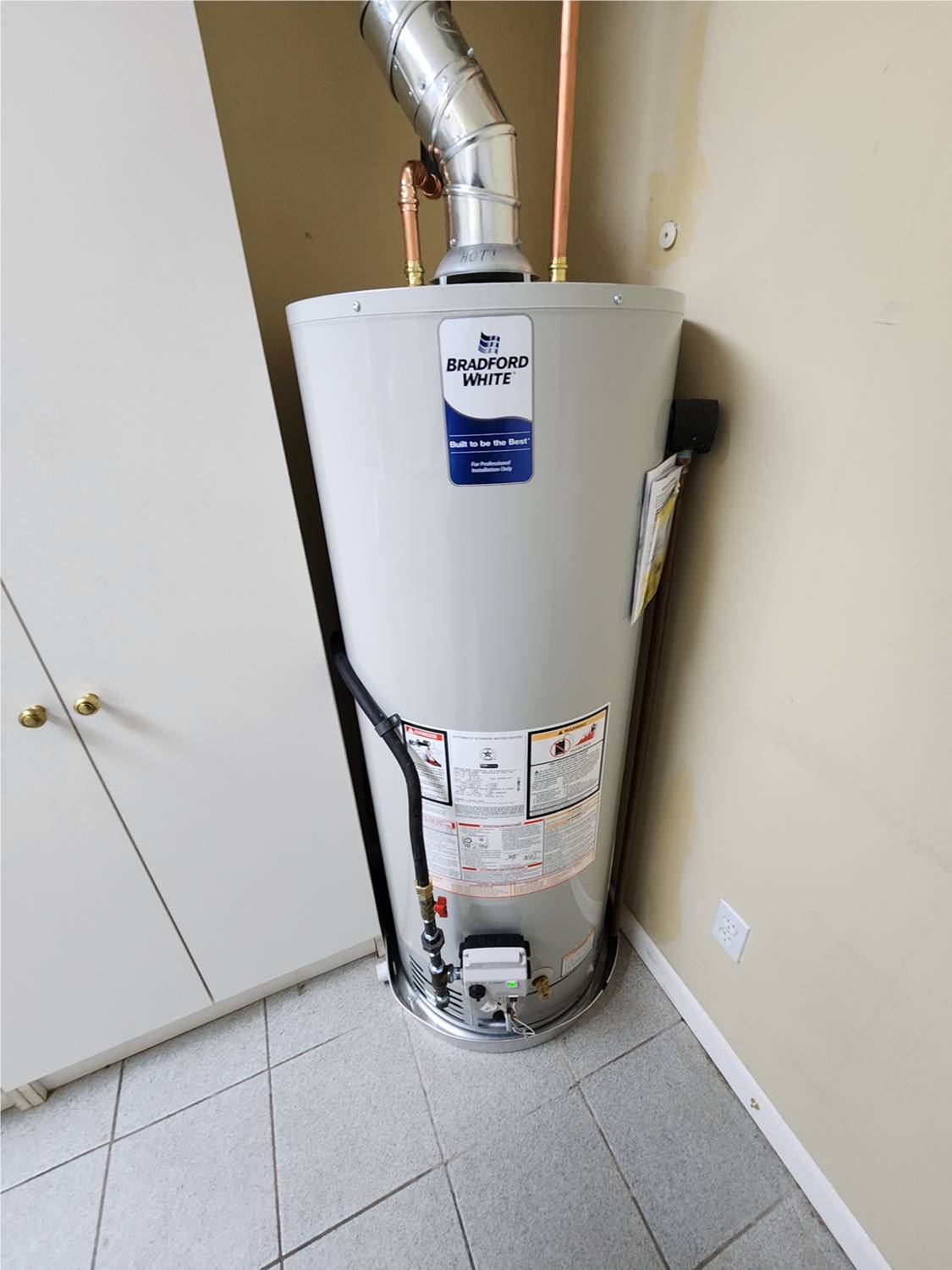Few things are more frustrating than turning on the tap and expecting a hot shower—only to be met with cold water. If your water heater isn’t getting hot, you could be dealing with anything from a minor thermostat issue to a failing heating element. Understanding the potential causes can help you determine whether it’s a simple fix or if you need professional plumbing assistance.
Power or Gas Supply Issues
If your water heater isn’t heating at all, the first step is to check its power source.
For electric water heaters, ensure the unit is plugged in and that the circuit breaker hasn’t tripped. Sometimes, a power surge can cause the breaker to shut off, cutting electricity to the heater. Resetting the breaker may restore power. If it continues to trip, there could be an underlying electrical issue requiring an electrician or plumber.
For gas water heaters, make sure the gas supply is on. A gas valve that is partially closed can prevent the burner from igniting. You should also check the pilot light—if it has gone out, relighting it according to the manufacturer’s instructions may solve the problem. If the pilot light won’t stay lit, a faulty thermocouple or gas control valve could be the culprit.
Thermostat Settings and Malfunctions
Sometimes, the issue is as simple as an incorrect thermostat setting. Water heaters typically have a thermostat that allows you to adjust the temperature. If the setting is too low, your water won’t be warm enough. A good starting point is 120°F, which is hot enough for household use while preventing scalding.
If adjusting the thermostat doesn’t work, the thermostat itself may be malfunctioning. A faulty thermostat can fail to signal the heating element to turn on, leaving you with cold water. In this case, replacing the thermostat may be necessary.
Sediment Buildup in the Tank
Over time, minerals from hard water settle at the bottom of the water heater, forming a layer of sediment. This buildup can insulate the heating element or burner, preventing it from effectively heating the water. As a result, you may notice lukewarm water, higher energy bills, or strange noises coming from the tank.
Flushing the tank periodically can help remove sediment and restore efficiency. If sediment has hardened, it may require professional cleaning or even a water heater replacement if damage has occurred.
Failing Heating Element or Burner
Electric water heaters use heating elements, while gas water heaters rely on burners. If one or both of these components fail, the heater won’t be able to warm the water properly.
In electric models, a broken heating element will need to be replaced. You can test this with a multimeter to check for continuity.
For gas models, a burner that isn’t igniting properly may indicate a problem with the gas supply, ignition system, or a clogged burner. If the burner is failing, it may require cleaning or replacement by a professional.
Leaking Tank or Plumbing Issues
A leak in your water heater or the surrounding plumbing can cause a loss of hot water. Even a small leak can significantly impact performance, especially if it leads to a loss of pressure in the system.
Check for visible water pooling around the base of the heater, damp areas on nearby walls, or signs of corrosion on the tank. If a leak is present, it’s important to address it immediately. In some cases, a repair may be possible, but if the tank itself is leaking, replacement is usually necessary.
Cold Weather and External Factors
During winter, extremely cold incoming water can make it harder for your water heater to keep up. If your water heater is struggling more than usual in cold months, insulating exposed pipes or increasing the thermostat setting slightly can help maintain a consistent water temperature.
Additionally, if multiple appliances or fixtures are using hot water simultaneously, the demand may exceed the heater’s capacity. If this happens frequently, upgrading to a larger water heater or a tankless system could be a long-term solution.
When to Call a Professional
If troubleshooting doesn’t resolve the issue, or if you suspect a more serious problem such as a failing heating element, broken gas valve, or internal tank damage, it’s best to call a licensed plumber. Attempting DIY repairs on major components can lead to further damage or even safety hazards.
At Applause Plumbing & Heating, we specialize in diagnosing and repairing water heater issues. Whether you need a minor adjustment or a full replacement, we can ensure you have reliable hot water in your home.
📞 Contact us today for expert water heater repair and installation services in Easton, Phillipsburg, and the Lehigh Valley!


